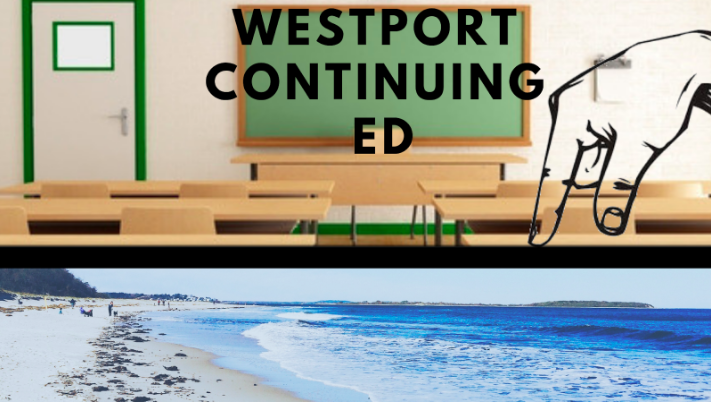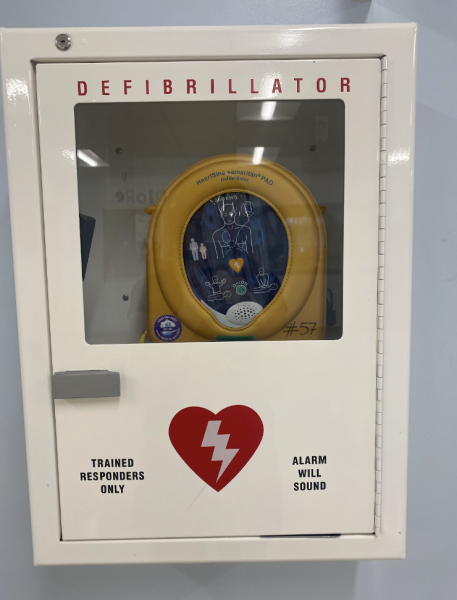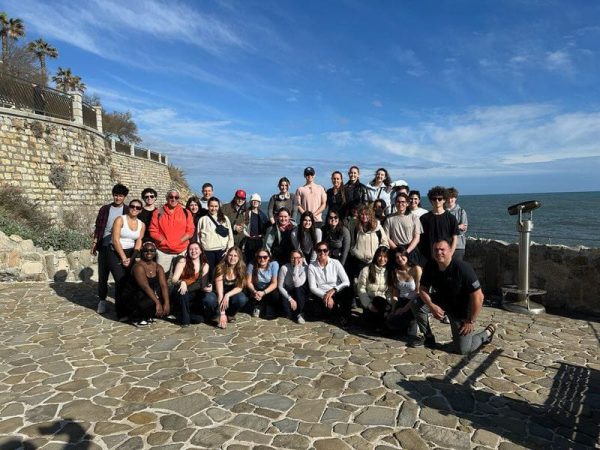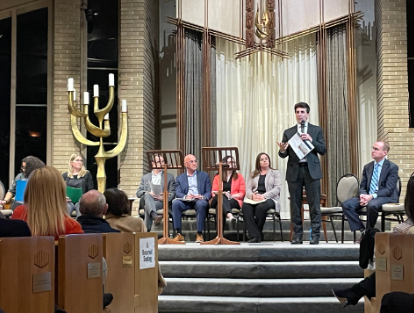Continuing Educations offers summer courses for credit
Graphic by Natalie Bandura '22
The Continuing Education Summer Program provides students with a chance to get ahead or simply obtain new knowledge during the summer months. Last year, 84 students registered for summer High School Credit Courses, which cost $1,300 for six week.
Swimming at the beach, going to camp, traveling- we think of summer vacation as a blissful time free of homework or exams when students can rest and enjoy themselves before the school year starts again. Yet for some, summer is the perfect time to head back to the classrooms and learn something new, get ahead or free up their schedules for next year.
Westport Continuing Education offers a variety of summer courses geared towards acquiring a specific skill. Many full-year classes are available as graded courses over the summer that would count towards students’ graduation requirements and are something to consider during course selection.
“I’d recommend [a Continuing Education summer course] to anybody looking to get ahead and take an AP class or another class they want to do rather than just something they’re required to,” Adam Kane ’21 said.
Kane took chemistry last summer to take AP Biology in its place as a sophomore and feels that he got a lot out of the class without having to spend over a half-hour on daily homework.
Students get the same in-depth material out of a summer course as a full-year class, as each day of summer school has the same class time as around a week of regular school, according to William Jones, a Staples Chemistry and Physics teacher who teaches chemistry at Continuing Education. Jones’ summer Chemistry A class covers 5-10 percent more than the full-year course, including an introduction to thermodynamics.
“[Continuing Education allows students] to free up their schedule in the fall to take more advanced courses or electives [or] gain additional skills and experience for them to consider a college or career choice for the future,” Christine Jewell, Continuing Education director, said. “Taking a summer course helps alleviate ‘brain drain’ and prepare for next year.”
Last year, 84 students registered for summer High School Credit Courses, which cost $1,300 for six weeks, according to Jewell.
Educational and scheduling advantages are not the only benefit that students say come with taking a Continuing Education summer course.
“I made a few friends going into high school, so it really helped me find new people from other schools and made the transition into high school easier,” Brianna Dwyer ’20 said.
Dwyer took a Geometry A class at Continuing Education before freshman year.
Additionally, Continuing Education offers many summer courses not counted towards graduation requirements. “College Essay Bootcamp,” co-taught by Staples English teachers Mary Katherine Hocking and Jamie Pacuk, serves to guide students along the college essay writing process.
“It’s a week long, intensive class geared for students who would like to […] get lessons on writing, get very specific structured feedback and leave with a polished essay that they can use for their common app,” Pacuk said.
Costing $295 for a week of personalized writing and tips, the course provides a relatively cheap option for juniors going into their senior year looking to get started early on applications.
“[It] can be more affordable than private tutoring, so it’s a great opportunity to work collaboratively with a teacher and other students with a common goal in mind.” Hocking said. “It’s a low stakes, stress free week to get ahead.”
While each Continuing Education class provides a unique experience, there’s one thing they all share: a new learning opportunity, in what many deem a relaxed environment.
“It’s nice to focus on only one subject, the class usually develops a real camaraderie, […] you open up a lot of options for yourself in terms of taking different or advanced science classes (or you can just get a yucky science credit out of the way), and you’re still done with class at 12:15 each day to head to the beach,” Jones said.
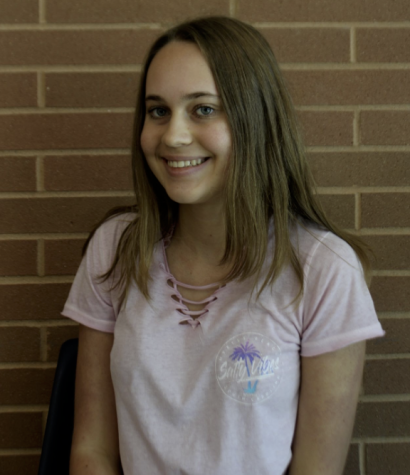
Editor-in-Chief Natalie Bandura '22 shares an interest for political science and the STEM fields.
From a Fall 2020 internship with Senator Will Haskell...











































